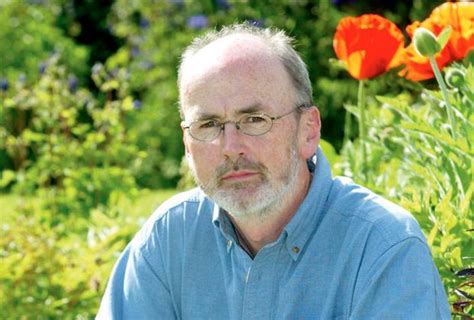A Quote by Dan Millman
The world's a puzzle; no need to make sense out of it." - Socrates
Related Quotes
The world of counterterrorism is like that old jigsaw puzzle in the back of the closet: Its many missing pieces and extra parts jumbled in from other puzzles make it almost impossible to assemble. But in Ghost, Fred Burton manages to join together enough pieces to give us a discerning look at that world. This is a story, told in human terms, that will help make sense of the great puzzle of our times.
Socrates: Have you noticed on our journey how often the citizens of this new land remind each other it is a free country? Plato: I have, and think it odd they do this.Socrates: How so, Plato?Plato: It is like reminding a baker he is a baker, or a sculptor he is asculptor.Socrates: You mean to say if someone is convinced of their trade, they haveno need to be reminded.Plato: That is correct.Socrates: I agree. If these citizens were convinced of their freedom, they would not need reminders.
Upon graduation, go out into the world and try to find yourself. What do I mean by that? Read Socrates, no. Get a job? Not yet. Go out and do some crazy stuff. Don't hurt anybody including yourself, but take some risks. Travel a little bit. Make big mistakes that you have to apologize for. Do stuff that will make you relatable to the world. And whatever jobs you settle into, you will be better at it, for it.
Socrates: So even our walks are dangerous here. But you seem to have avoided the most dangerous thing of all. Bertha: What's that? Socrates: Philosophy. Bertha: Oh, we have philosophers here. Socrates: Where are they? Bertha: In the philosophy department. Socrates: Philosophy is not department. Bertha: Well, we have philosophers. Socrates: Are they dangerous? Bertha: Of course not. Socrates: Then they are not true philosophers.
It must be granted that in every syllogism, considered as an argument to prove the conclusion, there is a petitio principii. When we say, All men are mortal Socrates is a man therefore Socrates is mortal; it is unanswerably urged by the adversaries of the syllogistic theory, that the proposition, Socrates is mortal.



































